Freezing Fresh Eggs: A Clever Way to Preserve Your Bounty
Have you ever found yourself swimming in an abundance of fresh eggs from your lovely hens?
- It's a delightful predicament to have, but sometimes it can be challenging to keep up with the surplus. Don't worry, though, because today I'm going to share a clever method to preserve your eggs for later use - freezing them! It's a simple and efficient way to ensure you never waste a single egg. So, let's dive into the process and discover how to freeze fresh eggs to create a stockpile for all your culinary adventures.
Step 1: Gathering Your Eggs
- When your hens are laying eggs like gangbusters, it's time to take advantage of their bountiful production. Collect your eggs and bring them inside, ready to embark on the journey of preserving their goodness. You'll be amazed at how many eggs you can accumulate, just like you were when you counted 11 dozen in your fridge!
Step 2: Scrambling and Cooking
- To prepare your eggs for freezing, start by scrambling them. Crack open a dozen eggs into a bowl and beat them until the yolks and whites are well combined. Heat a non-stick skillet or frying pan over medium heat and pour in the beaten eggs. Cook the scrambled eggs gently, stirring occasionally, until they are fully cooked but still moist. Repeat this process with each dozen of eggs you want to freeze.
Step 3: Vacuum Sealing
- Once you have a batch of scrambled eggs cooked to perfection, it's time to package them for freezing. Grab your trusty vacuum sealer and a supply of vacuum-seal bags. Spoon the scrambled eggs into the bags, making sure to leave some headspace for expansion during freezing. Seal the bags using your vacuum sealer, removing as much air as possible. The vacuum-sealed bags will protect the eggs from freezer burn and ensure their freshness for an extended period.
Step 4: Flattening and Stacking
- To make the most of your freezer space and ensure quick thawing, flatten the sealed bags of scrambled eggs. Gently press down on each bag, spreading the eggs evenly to create a flat, rectangular shape. This method allows you to stack the bags conveniently, saving space and making it easier to grab a portion when needed. Plus, it speeds up the thawing process, so you can enjoy your frozen eggs in no time.
Step 5: Versatile Usage
- Now that you have a stash of frozen scrambled eggs, you're ready to reap the benefits of your preservation efforts. The beauty of frozen scrambled eggs is their versatility. You can break off a piece or two to add to your favorite dishes like ramen noodles or fried rice. Toss a whole bag into a pan with potatoes and sausage for a hearty breakfast scramble or stuff them into breakfast burritos. Since scrambled eggs are a staple in your household, this preservation method is the easiest and most convenient for your needs.
Step 6: Oiling for Long-Term Storage
- Towards the end of summer when your hens start to slow down on laying, you can take an extra step to ensure the longevity of your eggs. Before placing them in the fridge for short-term storage, consider oiling them with food-grade mineral oil. This additional layer of protection seals the eggs even better than their natural bloom, preventing them from drying out and thickening. With this method, you can enjoy your fresh eggs well into winter, even when your girls are taking a break from laying.
Step 7: Enjoying Your Frozen Eggs
- Now that you have a freezer full of scrambled eggs, it's time to enjoy the fruits of your labor. Whenever a recipe calls for scrambled eggs, simply take out the desired amount from your freezer stash and thaw them in the refrigerator overnight. Once thawed, you can reheat them in a skillet or microwave and use them in any way you would use fresh scrambled eggs. The taste and texture will still be delectable, as if they were freshly cooked.
Step 8: Sharing the Knowledge
- As you revel in the convenience of having frozen scrambled eggs at your fingertips, don't forget to share this clever preservation method with others. Spread the word to your fellow chicken enthusiasts or anyone who loves the idea of making the most of their fresh eggs. They'll appreciate the simplicity and practicality of freezing scrambled eggs, just like you do.
1. Can I freeze eggs without scrambling them?
- Yes, you can freeze eggs without scrambling them. However, it's recommended to scramble the eggs before freezing because it makes the thawing process easier and allows for versatile usage in various recipes.
2. How long can I keep frozen scrambled eggs?
- Frozen scrambled eggs can be kept in the freezer for up to three months. It's best to label the bags with the date of freezing to ensure you use the oldest ones first.
3. Can I freeze eggs in their shells?
- It's not recommended to freeze eggs in their shells. The shells are porous and can crack during freezing, causing the eggs to spoil quickly. It's best to crack the eggs and scramble them before freezing for optimal preservation.
4. Can I freeze eggs in ice cube trays?
- Yes, you can freeze eggs in ice cube trays if you prefer smaller portions. Crack the eggs into the compartments of an ice cube tray, beat them lightly, and then freeze. Once frozen, transfer the egg cubes into a freezer-safe bag for long-term storage.
5. Are there any safety concerns when freezing eggs?
- When freezing eggs, it's crucial to handle them with clean hands and ensure they are fresh and free from any cracks or contaminants. It's also essential to label the bags with the date of freezing and use the oldest ones first to maintain freshness and quality.
6. Can I use frozen scrambled eggs in baking recipes?
- While frozen scrambled eggs are excellent for savory dishes, they may not be suitable for baking recipes that require eggs to provide structure and leavening. It's best to use fresh eggs for baking purposes.
7. Can I freeze egg whites and yolks separately?
- Absolutely! If you have a surplus of egg whites or yolks, you can freeze them separately. Beat the egg whites or yolks lightly, portion them into ice cube trays or small containers, and freeze. Make sure to label them accordingly for easy identification.
8. Can I defrost frozen scrambled eggs in the microwave?
- Yes, you can defrost frozen scrambled eggs in the microwave. Remove the desired amount from the freezer and place it in a microwave-safe dish. Use the defrost setting or low power setting to thaw the eggs gradually, stirring occasionally to ensure even heating.
9. Are there any other methods to preserve fresh eggs?
- Yes, there are other methods to preserve fresh eggs, such as pickling, water glassing, or dehydrating. Each method offers unique advantages and considerations. Choose the preservation method that best suits your preferences and needs.
10. How do I know if frozen scrambled eggs have gone bad?
- If the frozen scrambled eggs develop an off smell, strange color, or freezer burn, it's an indication that they have gone bad. It's important to discard any eggs that show signs of spoilage to ensure food safety.
- Remember, freezing fresh eggs is a fantastic way to make the most of your surplus and enjoy the taste of farm-fresh eggs all year round. Give this method a try and discover the convenience and versatility it brings to your kitchen. Happy freezing!




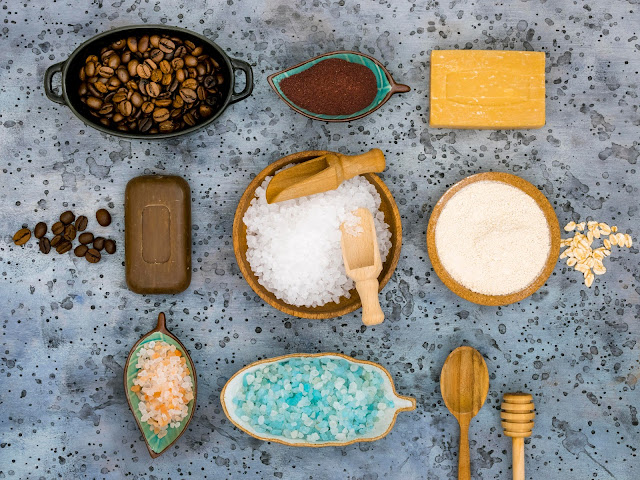

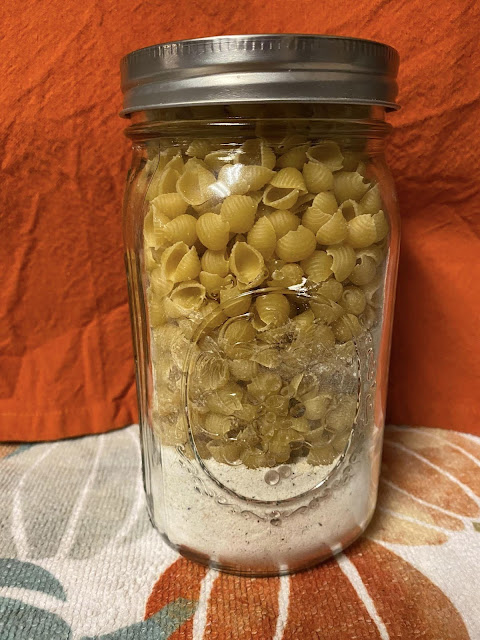






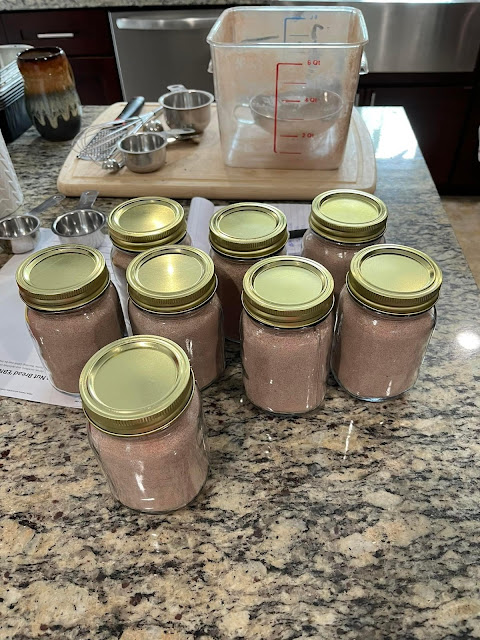
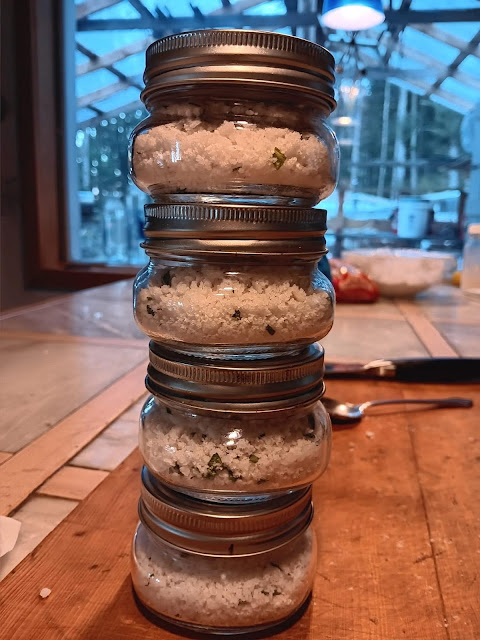
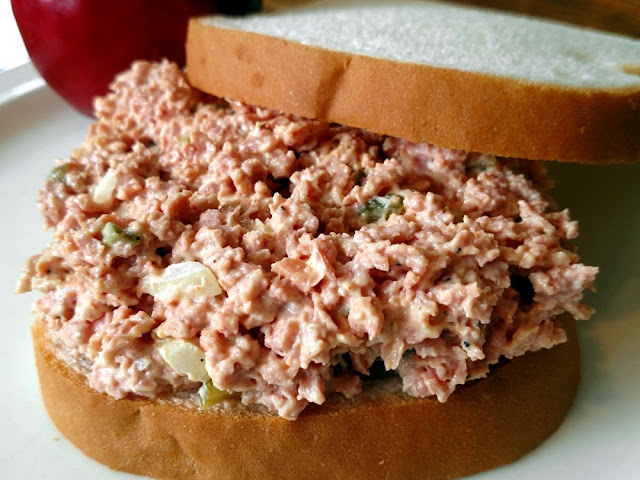
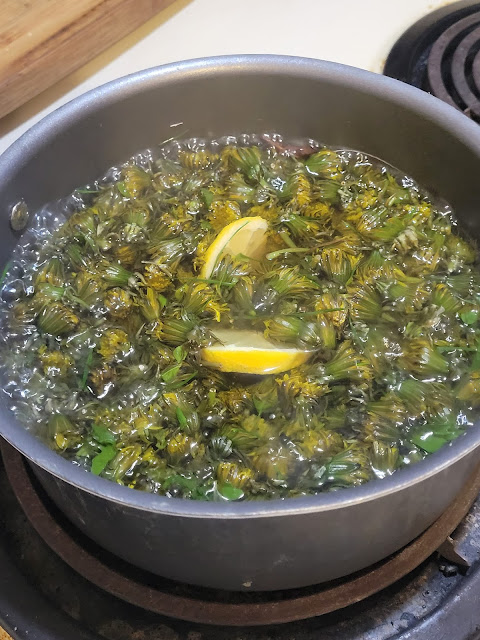



Comments